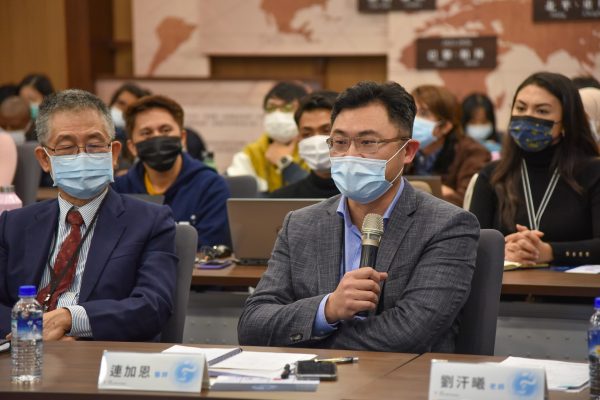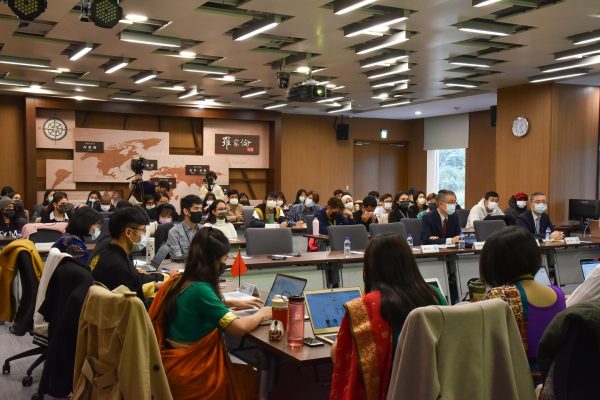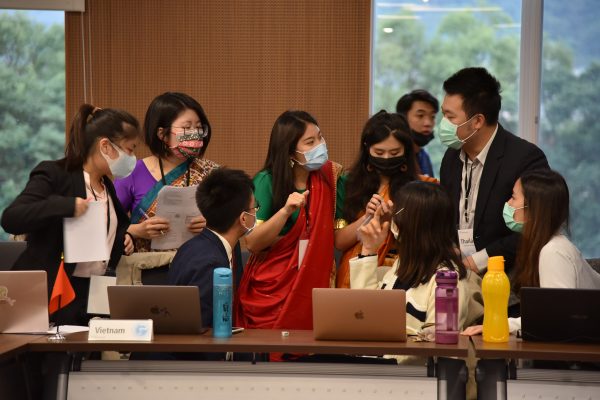1. Course Rationale and Orientation
“Global Governance (GG)” aims to cultivate human rights and governance professionals endowed with human rights, the rule of law, and democratic values. GG specialized courses will enable students to deeply understand the complex interplay of political, economic, and cultural factors through a local perspective in a global context, which forms unique development models and paths and seeks to address complex governance challenges. We shall develop students’ abilities to handle core issues in global governance, including human rights and social sustainability, digital governance, democratic politics, ethical values, migration and mobility, conflicts and cooperation between global political and economic forces, and resilience in civil society. Taiwan may draw lessons from the challenges faced by emerging markets and vice versa, considering how Taiwan reflects the developmental trajectory of Asian societies. In GG, students will reimagine the relationships between Taiwan, Asia, and the world from multiple perspectives, including history, human rights, law, political and ethical values, and multiculturalism, shaping the capabilities of a new generation of leaders.
2. Course Design
“Global Governance (GG)” specialized courses are divided into two stages. The first stage covers the year one and year two foundational courses centered on establishing an interdisciplinary knowledge framework and integrated research methodologies, including courses in law and society, political science, and public international law. These courses are bridged by courses in introduction to global studies and research methods, laying the groundwork for interdisciplinary integrated research. The second stage for third year and fourth year is issue oriented, which combines the above mentioned foundational knowledge, interdisciplinary framework and methodology applied to cutting-edge issues in Asia. Students will shape their underlying values and approach through thesis writing, social practice, and internships, demonstrating the skills needed for social engagement and professional governance. Course projects, internships, and international exchanges will further develop students’ interdisciplinary and cross-cultural competencies in language and professional skills.

















